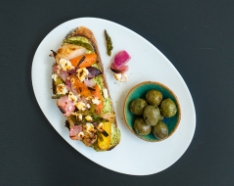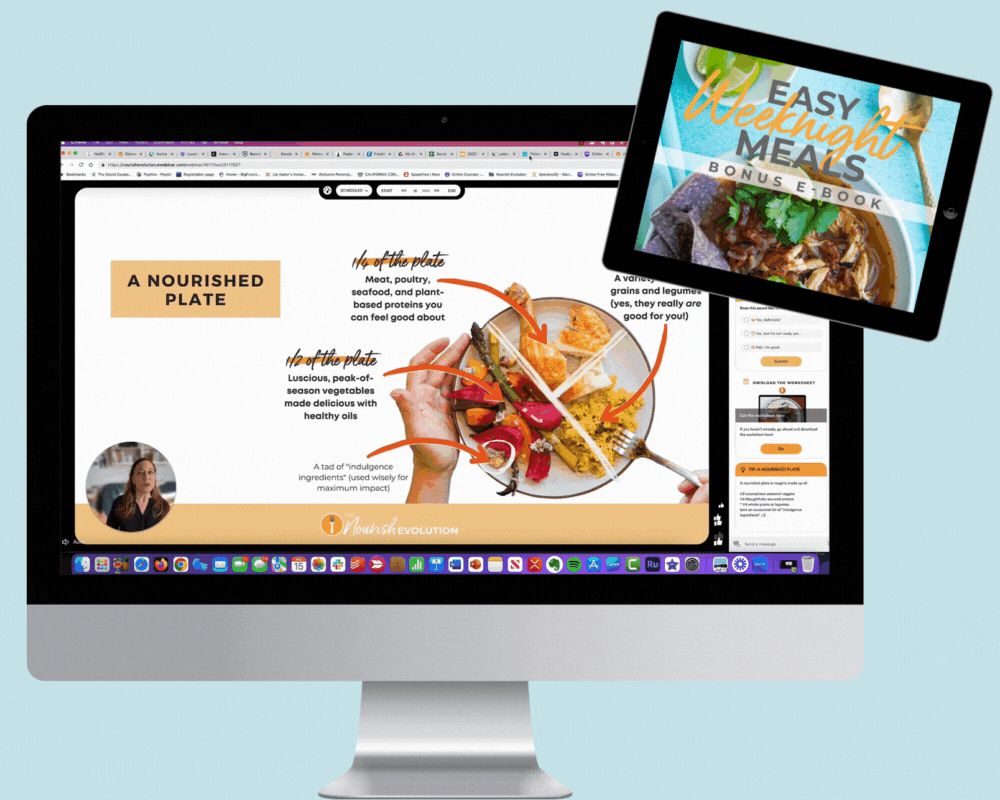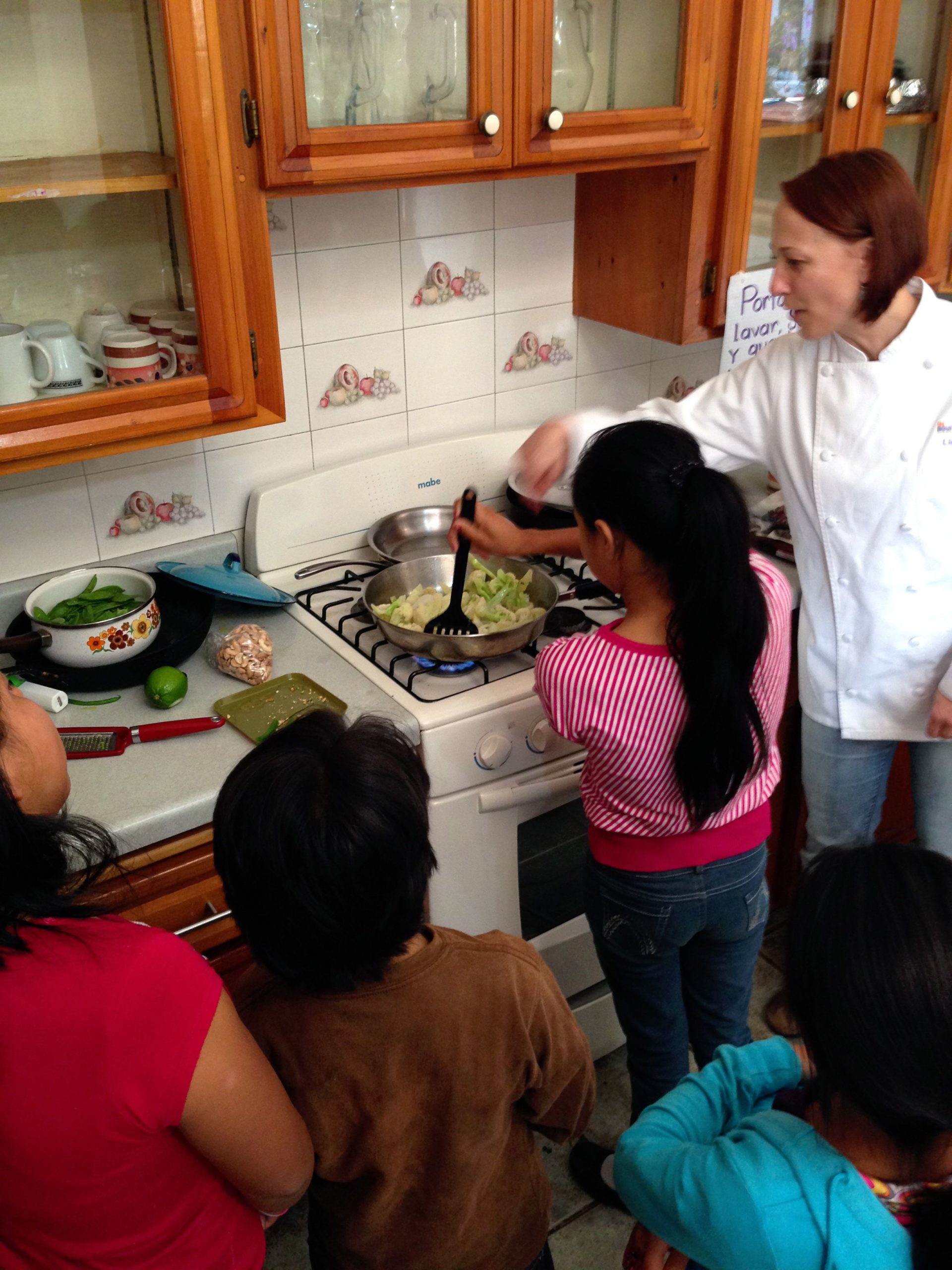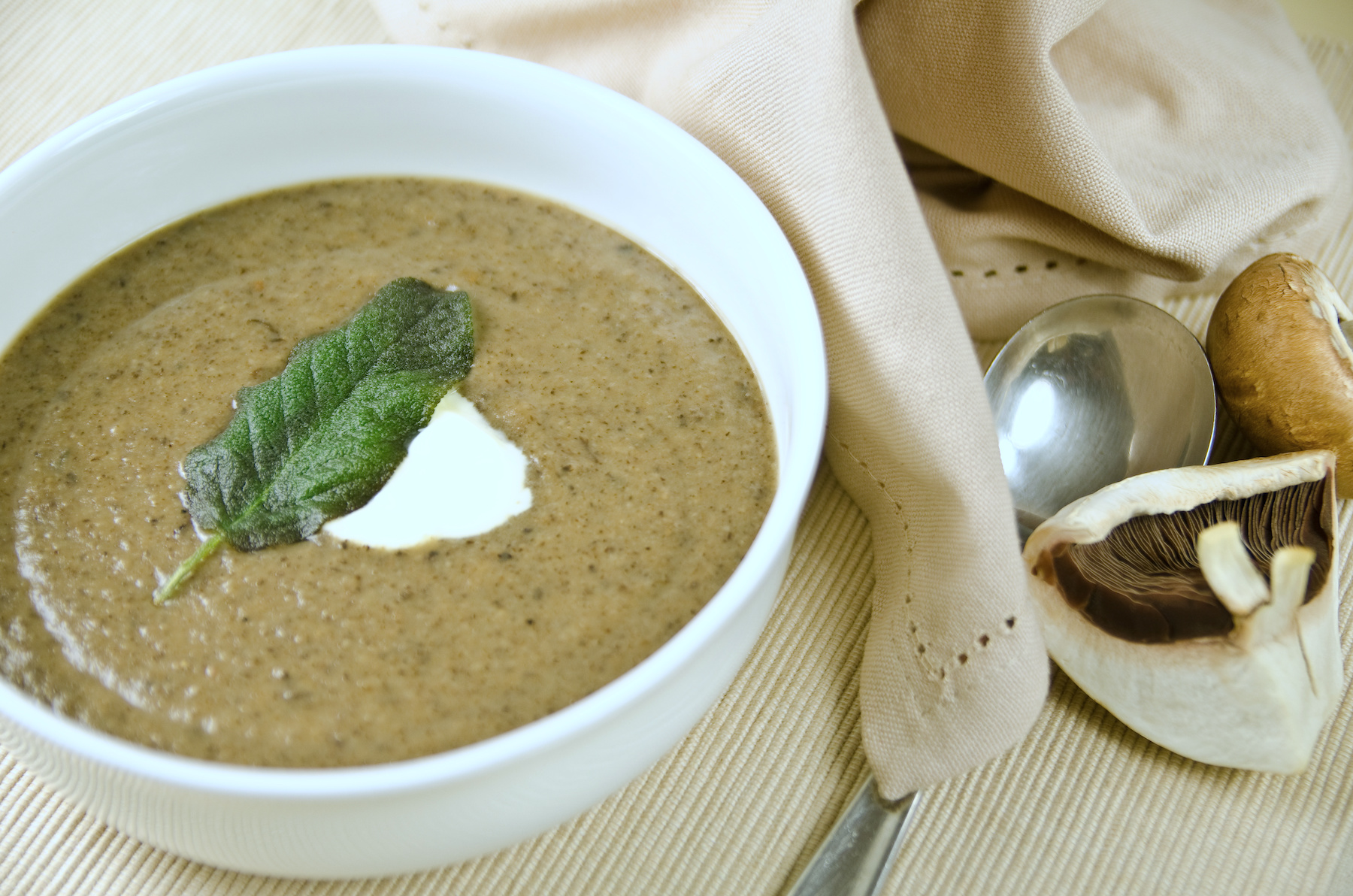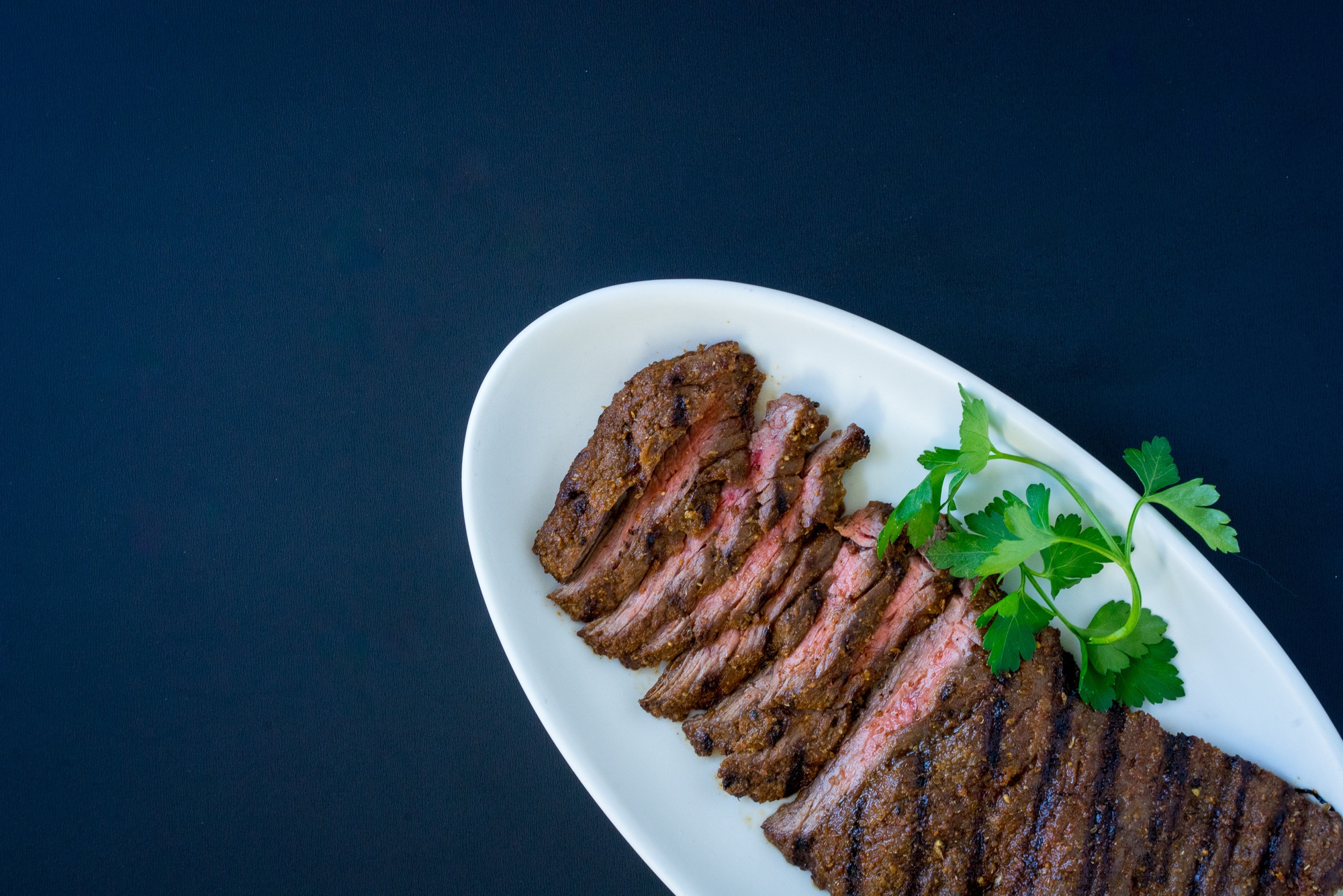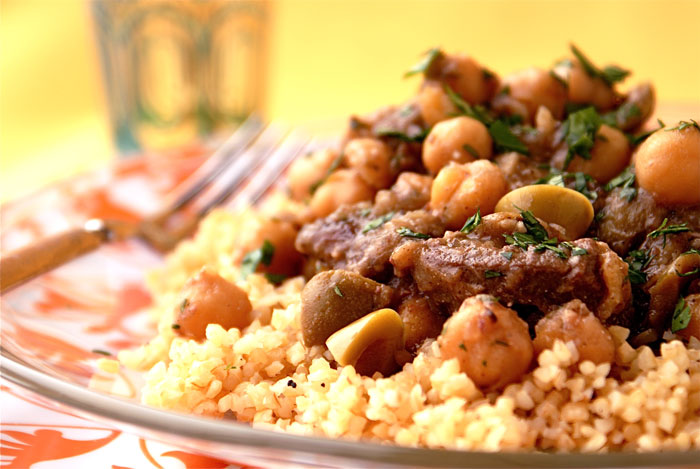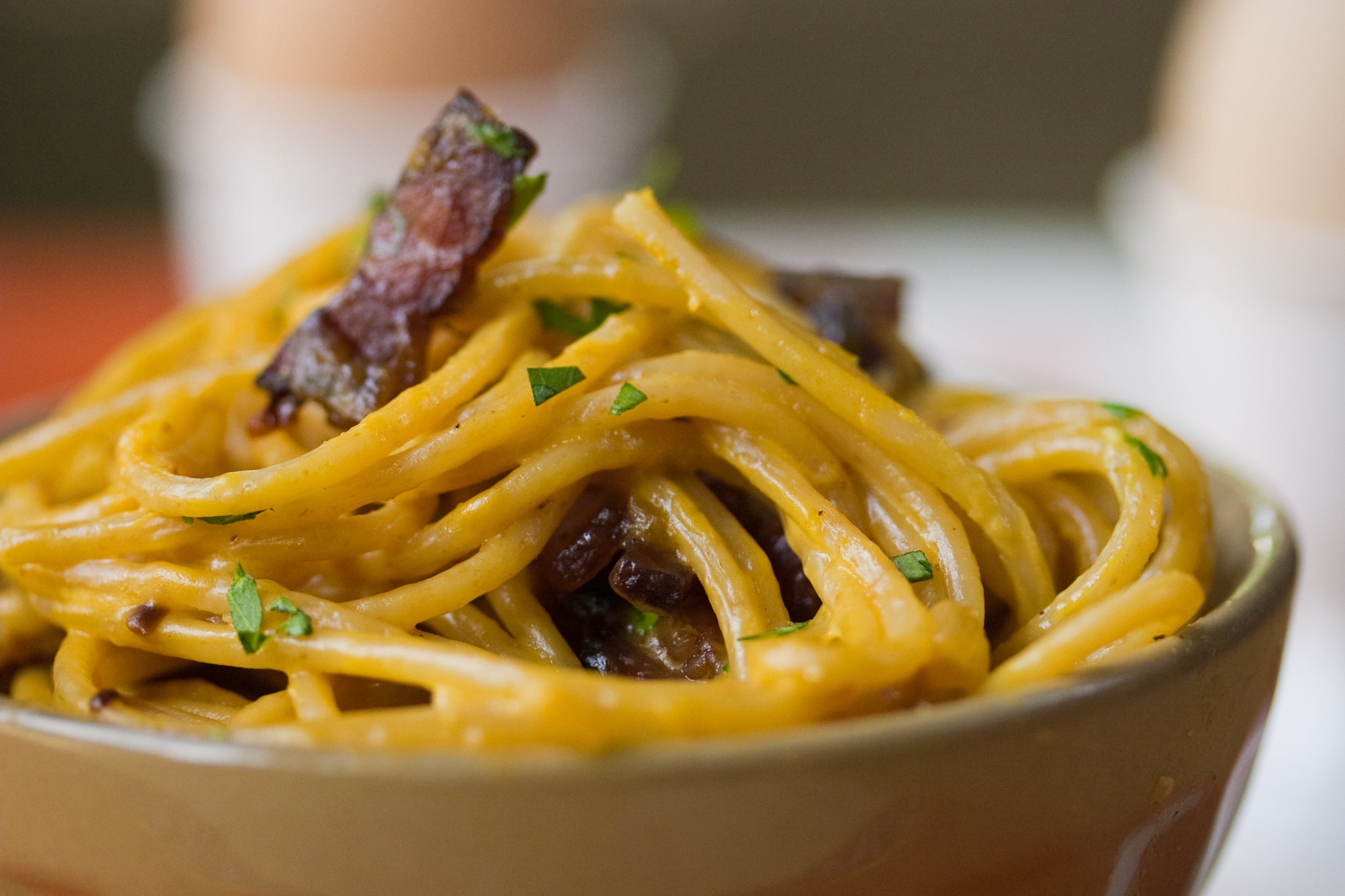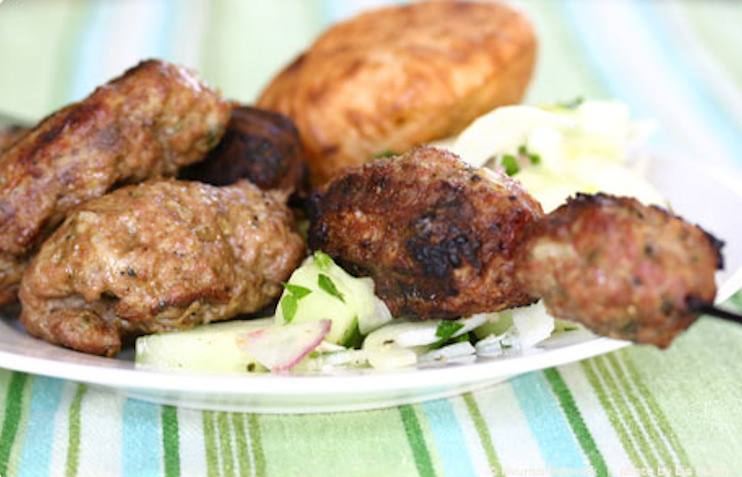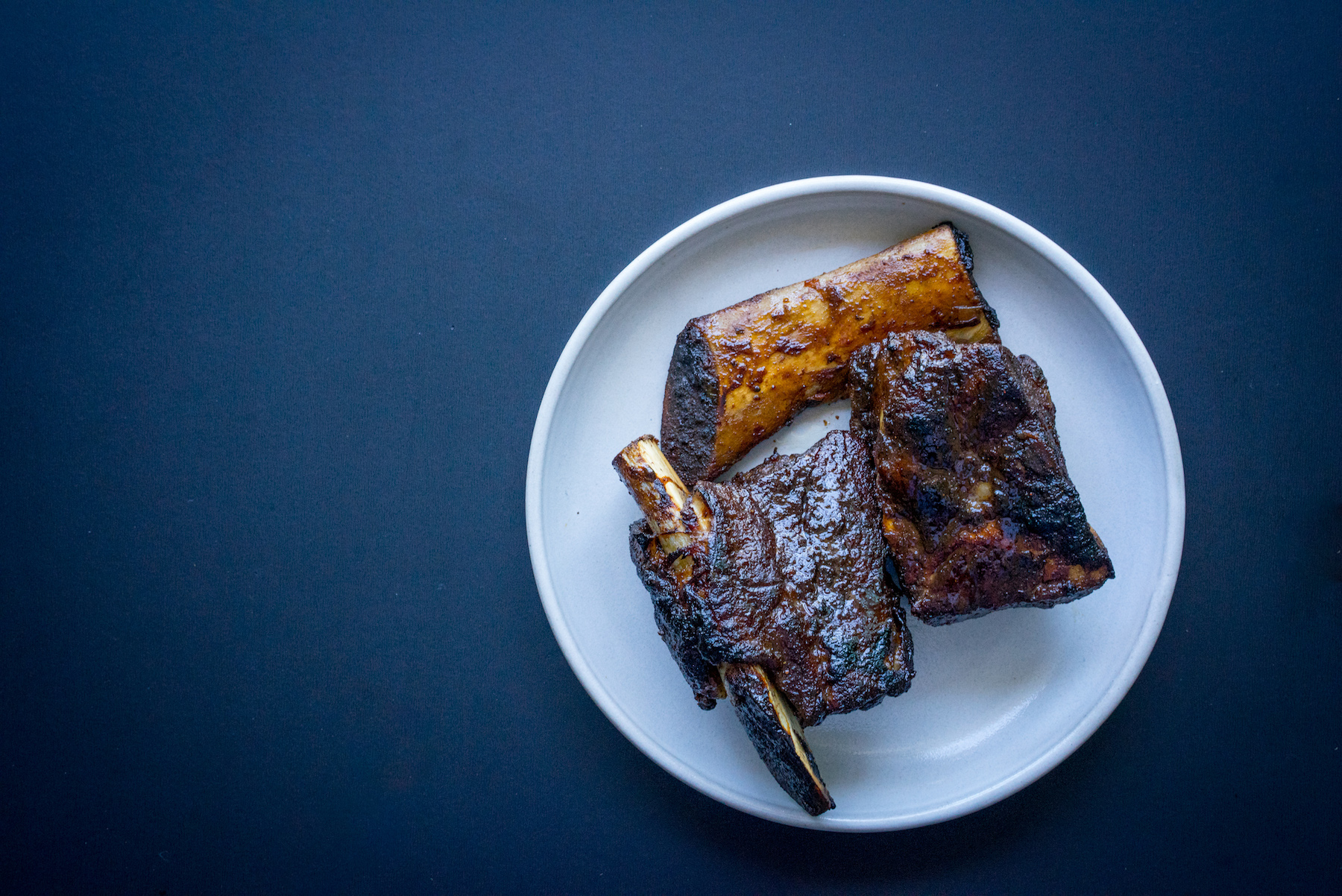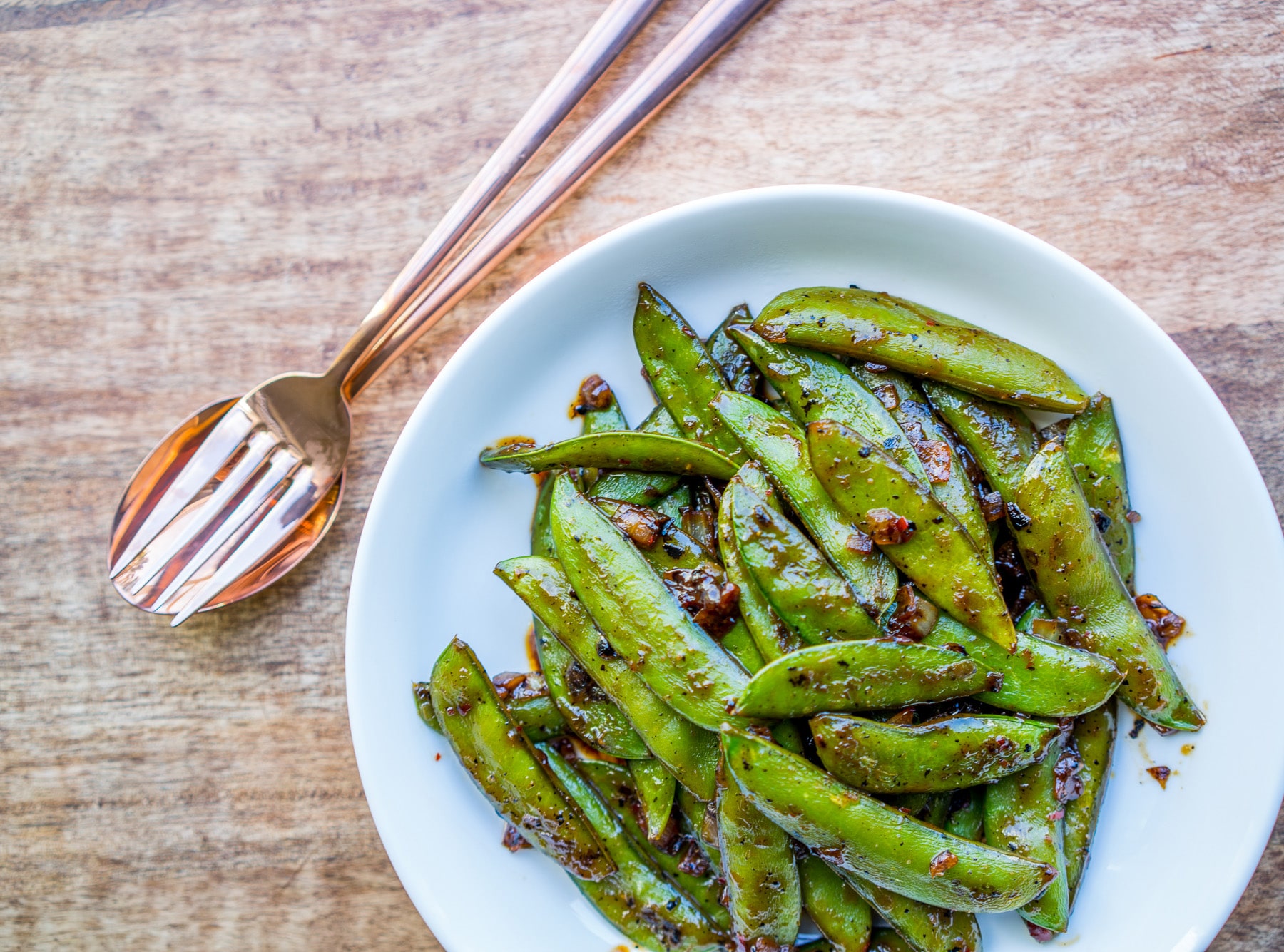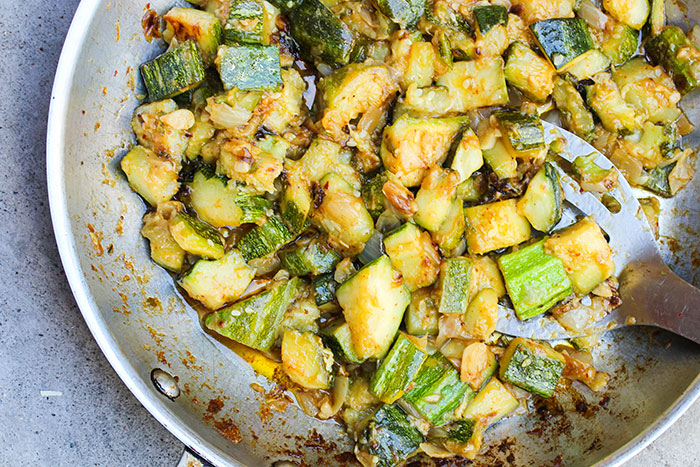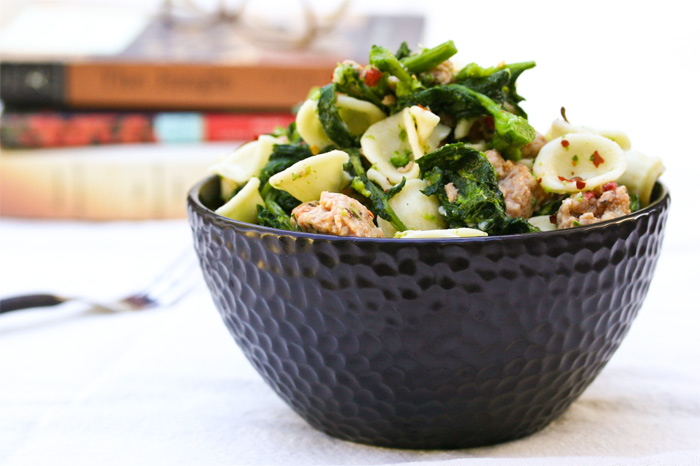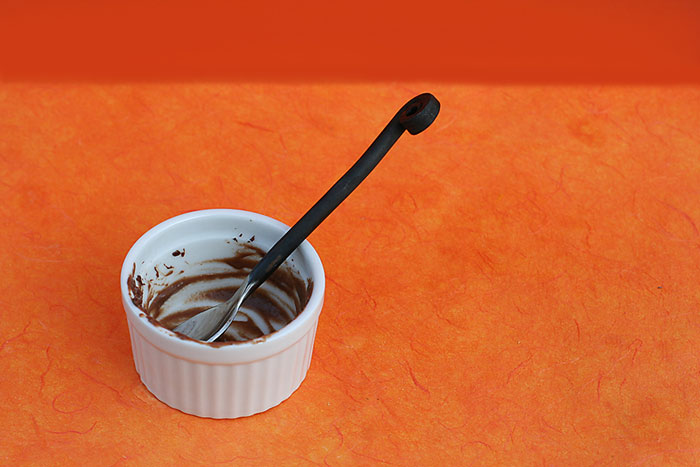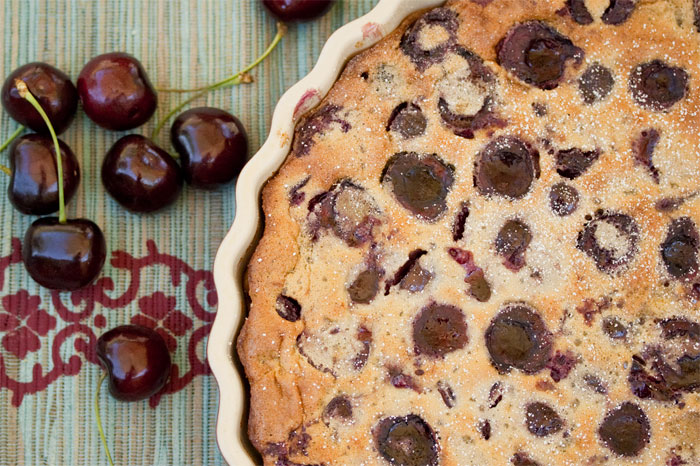The topic of fasting may seem strange on a site dedicated to eating, but I'm going to argue that it's apropos. Let me clarify up front, though, that I’m not offering up a fast as compensation for damage done during the holidays. Those pounds that came on during the weeks of celebration will ebb away as normal routine sets in if you’re mindful about what and how you eat (you all know me well enough to know that I don’t believe in see-sawing between extremes). Instead, I’m suggesting a fast—even for a handful of hours—part of a mindful eating practice to recalibrate yourself and enrich your awareness of how food affects you physically, mentally and emotionally.
 As much as gathering to feast (which we’ve done a lot of in the past few weeks) feeds our souls and unites us to one another, fasting allows us to reconnect to ourselves. It moves us from the external to the internal, from ingestion to introspection. Richard Foster says in his Celebration of Discipline, “We cover up what is inside us with food and other good things, but in fasting these things surface.” Shockingly so, I discovered.
As much as gathering to feast (which we’ve done a lot of in the past few weeks) feeds our souls and unites us to one another, fasting allows us to reconnect to ourselves. It moves us from the external to the internal, from ingestion to introspection. Richard Foster says in his Celebration of Discipline, “We cover up what is inside us with food and other good things, but in fasting these things surface.” Shockingly so, I discovered.
When I’ve fasted in the past physical hunger, ironically, was a minor part of the experience. In the first few hours of fasting I was distracted, cranky and even a bit fearful (it definitely goes against natural instinct to deprive yourself of food). But as the day wore on, the chatter quieted and my mind fell into a pensive stillness. There was an awareness there that isn’t when I’m going about my daily routine. I breathed deeper, moved more deliberately, listened more acutely. I went to new places within myself and connected dots I’d never seen before. Far from being something I do as punishment, I’ve come to think of fasting as hitting pause on daily life to take a soulful solo journey.
The How-To
There are many methods of fasting, but it need not be complicated to be effective. I prefer to fast from the time I wake up throughout an entire day, breaking the fast with breakfast the next day. But you could also fast from lunch to lunch, essentially skipping dinner one night and breakfast the next morning, resuming your meal with lunch.
Whichever way feels right to you, there are a few things to keep in mind. First, you’ll probably feel a bit depleted and emotional while you’re fasting. That’s normal. Don’t plan a lot of taxing activities—physical, mental or otherwise—on the day of your fast. I also like to have a journal nearby to capture the emotions and thoughts that ramble through my heart and head. In terms of physical preparation, eat light meals both before and after your fast, and be sure to drink plenty of water.
Will fasting make you healthier? Will fasting help you lose weight? The answer can be “yes” on both counts if you approach it not as a quick-fix for holiday binging, but as a way to become more mindful—long term—about the way you eat.
